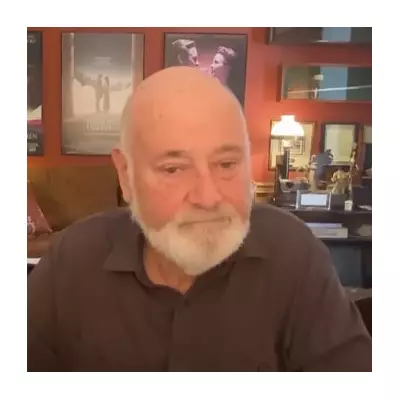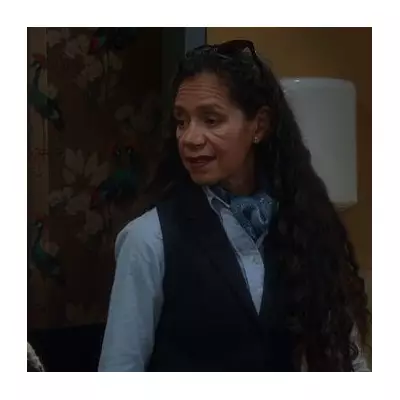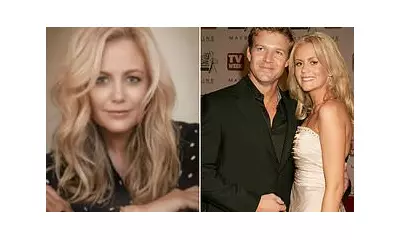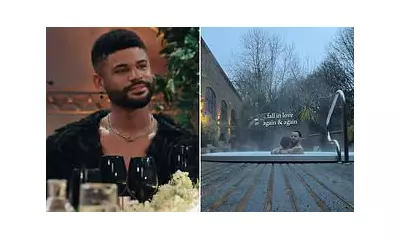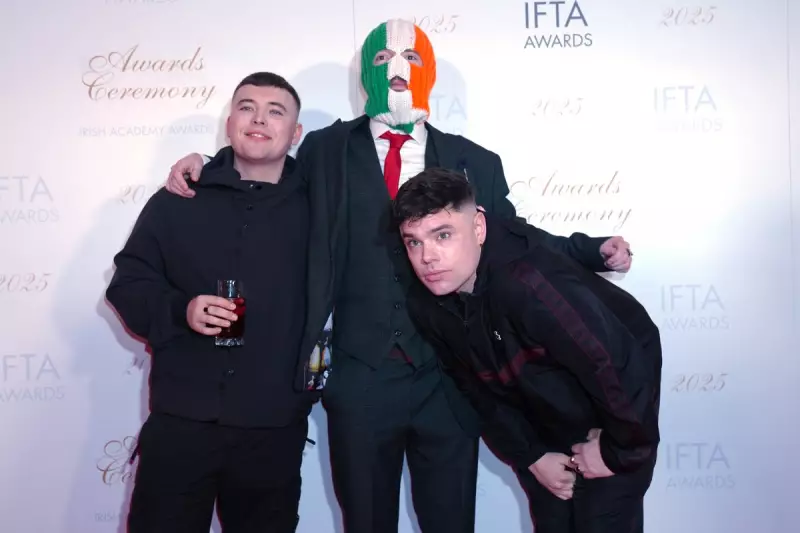
In a move that has ignited a fierce debate on artistic expression and political censorship, the Irish-language rap trio Kneecap has been abruptly removed from the line-up of a prominent Canadian music festival. The group's removal is reportedly linked to their vocal support for Palestine and lyrics referencing the Hamas-led attacks on Israel on October 7th.
The Belfast-based band was scheduled to perform at the 'CBC Music Festival' in Toronto this coming June. However, festival organisers, in a statement, confirmed the act was being pulled, citing a need to ensure a "safe and welcoming environment" for all attendees. This justification has been met with derision and accusations of blatant censorship from the group and their supporters.
A Statement of Solidarity or a Cause for Concern?
The controversy stems from the group's outspoken political stance. Following the October 7th attacks, Kneecap shared a post on social media expressing solidarity with the Palestinian people. Furthermore, their track 'I'm Flush' includes a lyric that directly references the events: "They brought me to a camp, then they put me on a plane, the same way as the Hamas boys did on October 7th."
Critics argue the lyric glorifies the militant group's actions. The group, however, vehemently denies this interpretation. In a fiery response, Kneecap framed the cancellation as an act of cowardice and an attempt to silence legitimate political discourse through art.
Free Speech vs. Festival Safety: The Organiser's Dilemma
The festival's decision places it at the centre of an increasingly common cultural dilemma. Event organisers globally are facing immense pressure to navigate the highly charged political climate surrounding the Israel-Hamas war. The balancing act involves upholding principles of free speech while also maintaining a secure and inclusive atmosphere, free from content that could be perceived as endorsing or inciting violence.
This incident is not isolated. Artists across the world have faced cancellations, boycotts, and intense scrutiny for their views on the conflict, highlighting the potent and divisive nature of the issue within the cultural sphere.
The cancellation of Kneecap's performance raises critical questions about the limits of artistic freedom, the role of cultural institutions in policing speech, and the increasing pressure on artists to self-censor on matters of international politics.

